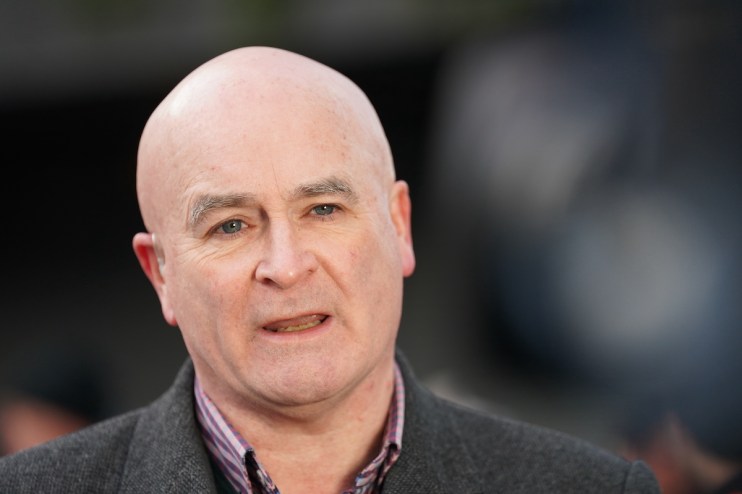Rail strikes: Union boss Lynch warns of more walkouts after King’s Speech

Union boss Mick Lynch has vowed to continue fighting the government over pay and jobs on the railways following the King’s Speech, as talks to end industrial action reach a deadlock.
The Rail, Maritime and Transport union’s general secretary said it would “continue to campaign for a properly funded and publicly run railway network alongside winning a negotiated settlement for our members in the national dispute”.
Lynch said ministers had “neglected their responsibilities” and prioritised “bankrolling our profiteering model, which sees vast wealth in the railways leave the sector, going into dividends and shareholders’ pockets”.
The union chief was responding to the King’s Speech yesterday, which set out a draft rail reform bill committing to the creation of the long-delayed Great British Railways (GBR) project.
Earlier this week, the government extended so-called minimum service laws, to the fury of major unions. Under new legislation, 40 per cent of services across railways, Border Force and ambulances will have to run on strike days.
Lynch said the government had “failed on rail reform and at the same time put into train the most draconian attack on trade union rights in a generation”.
Initially proposed as part of the Williams-Shapps review in 2021, GBR intends to create a state-owned public body or “guiding mind”, for the fragmented rail system, reducing ministerial involvement and providing a source of accountability for the public.
GBR is backed by rail operators and much of the sector after years of poor performance post-Covid, but unions argue that the government should fully re-nationalise the rail system.
“Five years have passed since the Williams Review and in each one of those years, money continues to leak out of a fragmented and incoherent privatised railway network,” Lynch said today.
Lynch has also hit out at the Labour party for failing to take the “side of the people” in the dispute. Labour is set to confirm its own “radical” policy for rail reform in the coming weeks, which is likely to involve nationalisation of some degree.